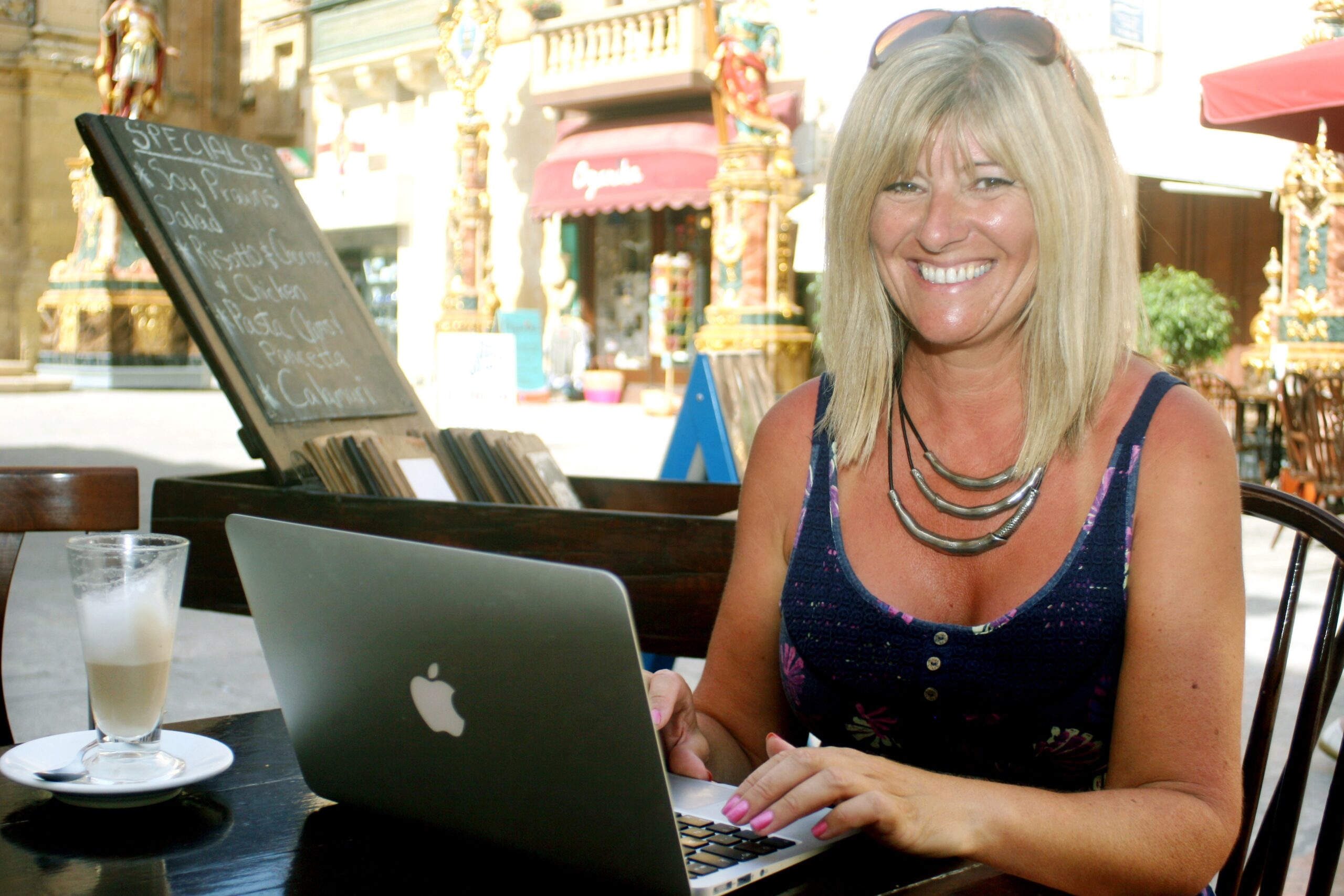
The Secret To Beating The Winter Blues
Author – Emma Triplett
What is SAD
It’s that time of year again, August is over, schools are going back any day now, we’re digging out winter woollies and, for some the black cloud of SAD is gathering.
SAD or Seasonal Affective Disorder is a type of depression related to the seasons which usually begins with the onset of autumn and lifts as spring approaches. It can be due to low vitamin D or possibly other contributory factors but consequently it saps your energy and you can feel moody and withdrawn.
Isn’t it uncanny how the atmosphere changes and the whole ‘vibe’ seems to shift as we turn that corner to autumn. It’s almost as if our head does a one-eighty from smiling at the summer to staring down into those dark winter months. I know, I paint I bleak picture, but with a small wry smile on my face because it is such a British cultural thing, however, it can be as great a season as you decide it’s going to be.
The irony of our climate and our very British obsession about the weather is that the autumn and winter are the most exciting and predictable months of all and furthermore, we do sometimes get bonus sunny days. In contrast, the summer, of which we have such high expectations every year, is almost always a disappointment (current year excepted of course).
Nevertheless, millions of Brits dread the winter and our moods sink in sync with the nights drawing in, so here are my secrets to beating those winter blues:
1. Focus on all the wonderful positive things you have to look forward to over the coming months
- Coming in out of the cold and the cosy evenings in – if you have an open fire, how lucky?
- The changing seasonal colours of the trees and leaves, it is so beautiful
- Dressing up warm and going to bracing walks, it’s exhilarating – in the summer everyone was complaining it was too hot to go for a walk.
- It’s the festival season, family gatherings and get togethers
- Big mugs of hot chocolate or chunky soup
- Crisp sunny frosty winter mornings
- The joy and cheer of Christmas whether you agree with the hype or not, it is a season to celebrate our blessings and we don’t have to buy into the massive overspend (excuse the pun).
- I vote that the American festival of Thanksgiving where we take a moment to reflect on what we do have to be grateful and thankful for, is one we could all adopt to add to our own packed calendar of autumn festivals.
- If we’re lucky we might get some snow days which are just as beautiful as and the changing colours of autumn
- Pantos and children’s nativity plays, sillyness on TV and nostalgic Christmas specials
- The dawning of a new year with new exciting promise and possibilities
- Then of course we have spring to look forward to again.
2. Have your own diary of things to look forward to.
Look at your diary for gaps of nothingness and fill them, arrange things with friends, make sure you have at least one personal thing a month to get excited about. It’s your job to do that, don’t wait for others to arrange fun into your life.
3. Exercise, exercise, exercise.
I can’t say it enough – boost those serotonin levels to bursting. You may have to look at alternatives to the exercise you were doing in the summer, but don’t let the changing seasons stop you, adapt.
4. Try something new.
Have something to keep your brain interested, engaged and busy. Your brain loves being challenged whether that’s learning something new or being creative – Einstein is quoted to have said “Creativity is the imagination having fun”.
Finally, most of all look after yourself.
This week’s article was inspired by a question from a client and if you have an inspiring story or something to share that you think will help others wrestling with something, I would love to hear from you. If you have found in particular strategy helpful, chances are that someone else will also benefit, spread the word, share the love and help the fight back against the epidemic of anxiety and depression spreading across the western world.
Wishing you health, wealth, happiness and success


More Articles to help anxiety and depression
Arrange a Free Initial Consultation in Cirencester, Exeter, Plymouth, Swindon or by Skype
Shop Online for Courses, eBooks and Self Hypnosis Tracks to help anxiety and depression
Intrusive Thoughts
Intrusive thoughts, what are they? What do they mean and how can we learn to manage them?
How health anxiety affects the body
Health anxiety is a form of anxiety where worrying, obsessing about health problems and fixating on sensations in the body manifests in a variety of physical symptoms which, in turn, creates anxiety that fuels the problem. However, anxiety in general does affect the body, so for those with health anxiety, these things become a particular concern.
Is Health Anxiety OCD?
Author & Video - Emma Triplett Image by Free-Photos from Pixabay Worrying about health and/or death are arguably amongst of the most common symptoms of anxiety but for some health becomes the sole focus of their anxiety and is given the term health anxiety....
What’s the point of getting out into nature?
Doctors can advise exercise as a remedy for some mental illness, Mind.org.uk has completed a five year study into the benefits of ecotherapy, but why is exercise and nature so beneficial?
Are Anxiety and Depression the same?
At first glance anxiety and depression are very similar, they feel different; anxiety being fearful and worried whilst depression is feeling miserable, but you can have both at the same time. They are in fact interestingly similar and in this article we going to have a look at some of the similarities and differences both in the way they develop and in the way they are cured.
How to help anxiety & depression
One of the fundamental concepts involved in helping anxiety and depression is understanding our human blue print of how we were designed to live. Modern life has developed so rapidly in the last thirty years that our brain can’t keep up, but we can learn how to take our blueprint and emulate how to live in a mentally healthy way. Today’s video explains these fundamental concepts and what you can do about it.
Disclaimer | Privacy Policy | Terms and Conditions
Copyright © OLD TOWN HYPNOTHERAPY 2016 All Rights Reserved







